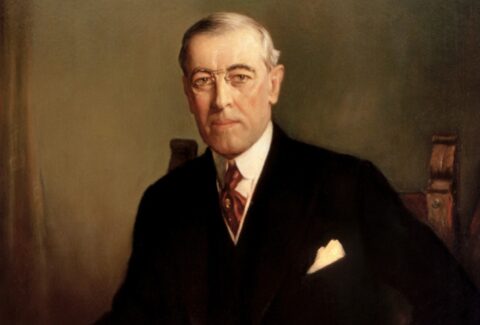William Tyndale’s Legacy: Illuminating Minds and Nurturing Mental Well-Being

William Tyndale’s Legacy: Illuminating Minds and Nurturing Mental Well-Being
William Tyndale[1], the influential translator and theologian, played a pivotal role in making the Bible accessible to English-speaking audiences. While directly linking historical figures to modern mental health care may pose challenges, exploring Tyndale’s legacy offers profound insights into fostering mental well-being through literacy, enlightenment, and spiritual resilience.
Literacy as a Gateway to Mental Well-Being:
Tyndale’s commitment to translating the Bible into English[2] emphasizes the transformative power of literacy. Promoting literacy and access to educational resources contributes to mental well-being by empowering individuals through knowledge and understanding.
Spiritual Resilience and Coping Mechanisms:
Tyndale’s work provided a foundation for spiritual resilience, offering individuals a source of solace and coping mechanisms. Recognizing the importance of spirituality in mental health care contributes to emotional strength and support during challenging times.[3]
Empowering Individuals Through Knowledge:
Tyndale’s efforts to make the Bible accessible empowered individuals through knowledge. Similarly, promoting access to mental health information and resources empowers individuals to take an active role in their mental well-being journey.
Inclusivity and Cultural Understanding:
Tyndale’s translation work contributed to cultural understanding and inclusivity. In mental health care, fostering cultural awareness and inclusivity ensures that support is tailored to diverse needs, reducing stigma and increasing accessibility.
Community Building Through Shared Values:
Tyndale’s translation work fostered a sense of community through shared values.[4] Encouraging individuals to connect over shared values and beliefs positively impacts mental well-being by creating a supportive social environment.
Implementing lessons from William Tyndale’s legacy in mental healthcare involves promoting literacy, recognizing the role of spirituality, empowering individuals through knowledge, fostering inclusivity, and building communities based on shared values. Mental health professionals can actively contribute by incorporating these principles into therapeutic approaches, creating environments that support individuals on their mental well-being journeys within a framework inspired by Tyndale’s dedication to enlightenment.
In conclusion, William Tyndale’s work provides valuable insights for mental health care. While the approach to well-being has evolved, drawing inspiration from Tyndale’s emphasis on literacy, spiritual resilience, knowledge empowerment, inclusivity, and community building can contribute to creating environments that positively influence individuals’ mental health in the present day.
[1] Daniell, David. William Tyndale: a biography. Yale University Press, 2001.
[2] Daniell, David, ed. Tyndale’s New Testament. Yale University Press, 1995.
[3] Franklin, Kirk J. “How can the Reformation’s focus on faithfulness to Scripture inspire us for mission?.” HTS Teologiese Studies/Theological Studies 74.1 (2018).
[4] Hawkins, Benjamin Cody. Individualism and community in the theology of William Tyndale. Southwestern Baptist Theological Seminary, 2017.






